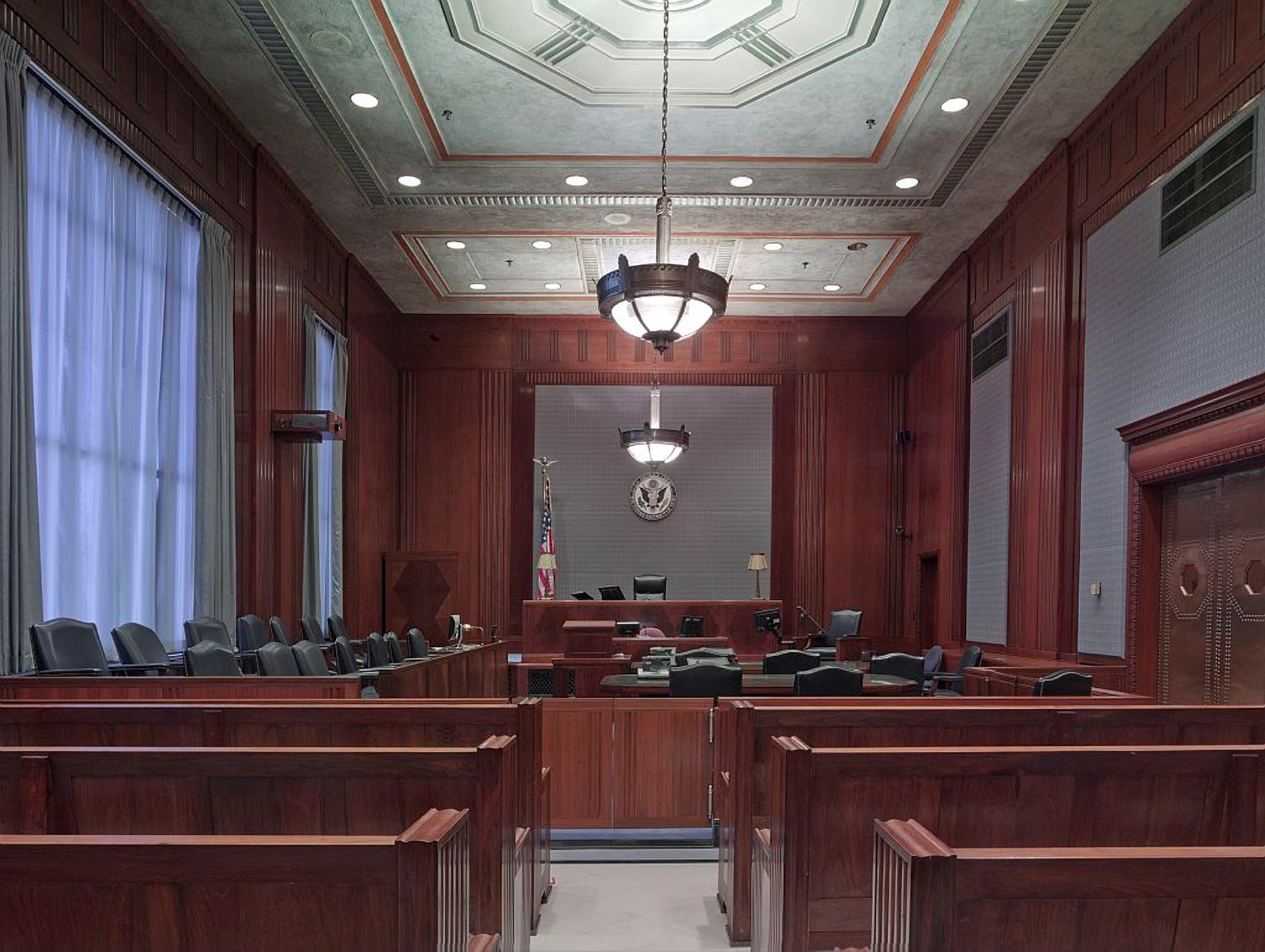
Lawyers and judges have, by now in late 2022, gotten quite comfortable using remote trial to conduct legal proceedings. Depositions, mediations, arbitrations, even whole trials may be conducted via Zoom.
But Zoom trials are not the new normal. Not until the Legislature says otherwise, anyway. That’s what the Court of Appeal held in Rycz v. Superior Court (D1d5 Jul. 28, 2022) 81 Cal.App.5th 824.
Yes, the Legislature enacted a statute for remote proceedings. But that statute is only temporary, scheduled to sunset on July 1, 2023. After that point, trial judges and litigants are not to assume remote testimony will remain a valid substitute for live testimony.
In Rycz, a 19-year-old girl was killed while walking on a freeway late at night. There is some mystery as to how the girl, a student at University of San Diego, came to be at the spot where she died, but what is known is that she had become extremely intoxicated (0.21 BAC), took an Uber, and, after “forcefully vomiting” on the dashboard and windshield, was dropped off short of her destination. The girl called another Uber but, upon its arrival, panicked and ran onto the freeway. This was a half-hour and four to five miles from where she would die.
Although the incident occurred in San Diego, the girl’s mother sued Uber and the drivers in San Francisco, where Uber is headquartered. The defendants moved to transfer venue to San Diego, but the trial court denied the motion. The trial court noted there has been a “sea change in litigation” since Covid, and given the widespread use of Zoom for depositions and testimony, the trial court reasoned that “it matters little, if at all, where a witness resides at the time of trial as travel is unnecessary.”
The Court of Appeal granted a writ ordering the trial court to transfer venue to San Diego where the drivers and witnesses reside. While remote proceedings are available today, the statute that allows for them is scheduled to sunset on July 1, 2023.
A motion to transfer venue under Code of Civil Procedure section 397 should be granted, in the trial court’s discretion, “[w]hen the convenience of witnesses and the ends of justice would be promoted by the change,” even if the complaint was filed in a “proper” county.
True, until July 1, 2023, section 367.75 (implemented by rule 3.672), “effectively establishes a presumption in favor of remote proceedings, including remote trial testimony….” But here, the trial likely would occur after that date.
The court also pointed to a second reason that a venue-transfer motion under section 397 should not assume the availability of remote testimony: “More fundamentally, there is no basis to conclude the enactment of section 367.75 reflects a legislative direction that courts should assume all testimony will be taken remotely when adjudicating motions to transfer under section 397, subdivision (c).”
Instead, section 367.75 and rule 3.672 require the trial court to make an individualized, informed inquiry to determine whether an “in-person appearance would materially assist in the … effective management or resolution” of the case. The court held that a “blanket determination that in-person testimony is unnecessary” does not satisfy this requirement of an individualized analysis.
So at least for purposes of venue-transfer motions, trial courts must exercise discretion whether an “in-person appearance would materially assist in the ... effective management or resolution of the” case. (§ 367.75, subd. (b); rule 3.672(d)(1).) And that determination must be made for each hearing, proceeding, or witness. The trial court may not issue a blanket ruling that the entire action will be conducted remotely.
The Court of Appeal rejected the suggestion that the Legislature has determined remote testimony is always an adequate substitute. While remote testimony can be adequate, it is not always so. “[O]ne operating assumption of our system of justice has long been that the opportunity to observe witnesses “upon the stand and the manner in which they gave their testimony ... in no small degree aid[s] in the determination of the truth and correctness of testimony.” [Citation.]”
For example, the court noted that in-person proceedings allow witnesses to more easily see physical evidence and to engage with demonstrative exhibits, and allow judges to monitor and maintain the attention and engagement of jurors.
But a blanket determination that all trial testimony will be done remotely, the court held, “entirely undermines the discretion and flexibility built into the statutory scheme.”
The Upshot: Rycz is an important holding for two reasons. First, it reminds litigants and trial judges that remote proceedings will not be available for much longer unless the Legislature acts. And second, even if the Legislature does extend section 367.75, Rycz holds that trial courts may not make blanket determinations in favor of remote proceedings for all purposes. Instead, trial courts must make individualized, informed inquiries before ordering a particular proceeding or testimony may go forward remotely rather than in-person.